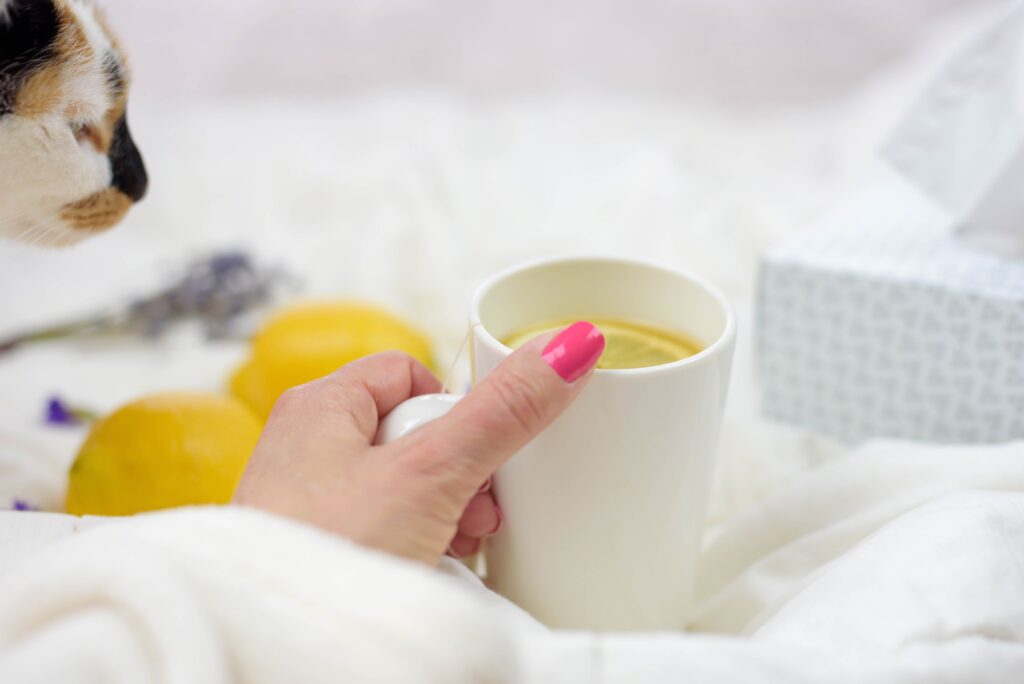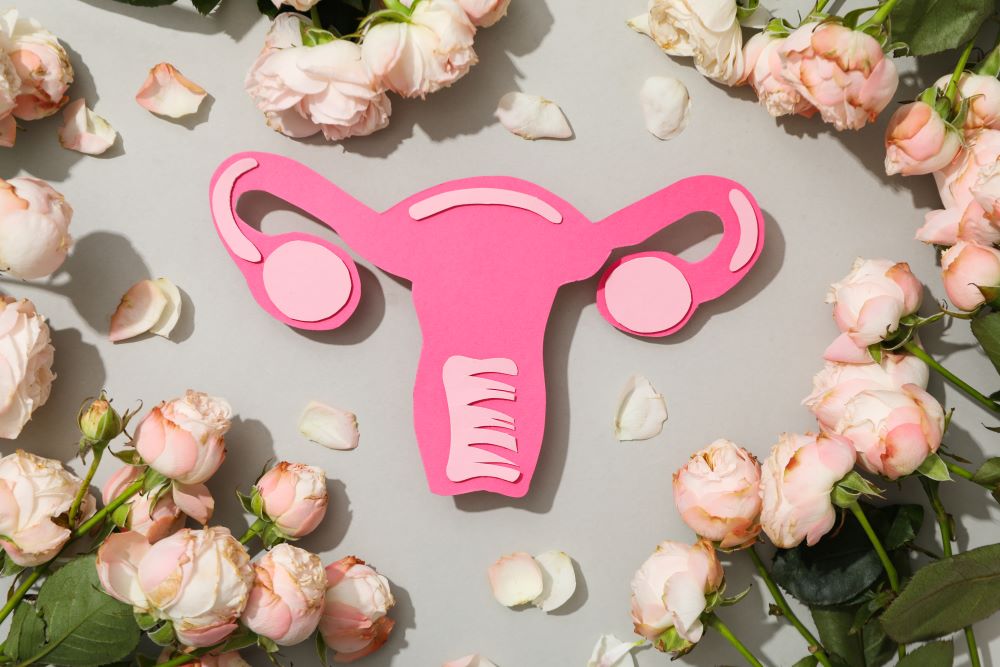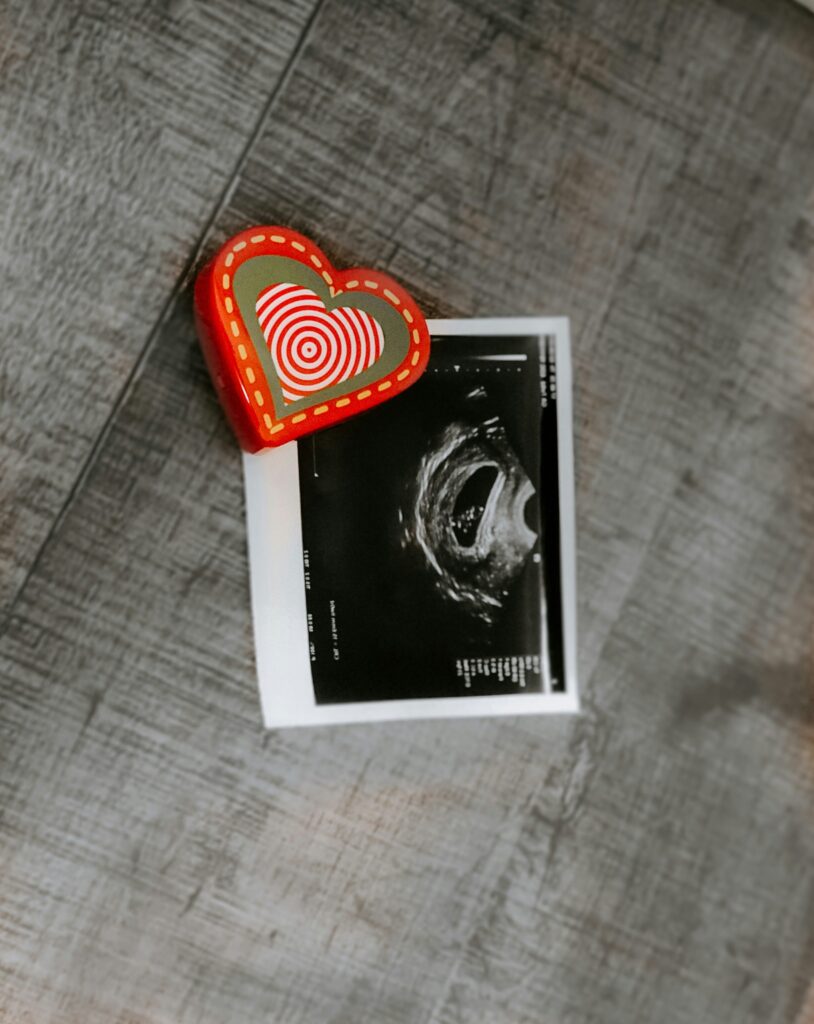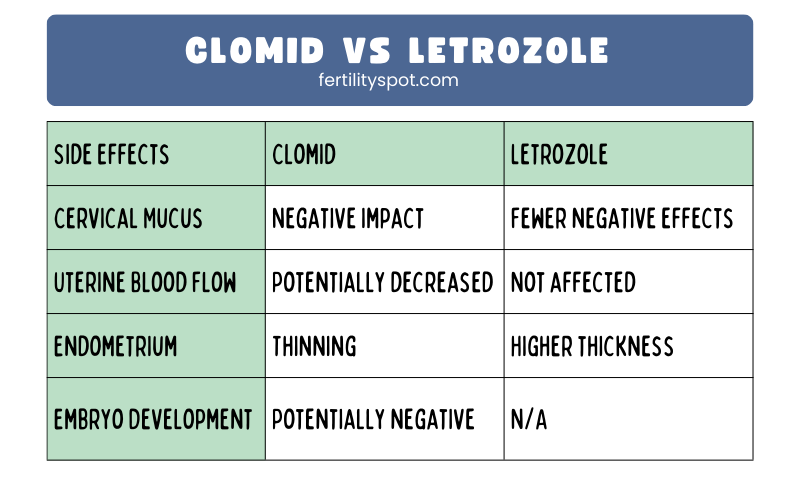Why Parental Self-Care Is Essential For The Child’s Emotional Wellbeing

Expectant parents eagerly anticipate the arrival of their new baby, especially if it’s their first. This marks the beginning of an exciting yet challenging journey into parenthood. They are aware that their current level of freedom will be significantly altered post-birth, as full independence for their child is many years away. However, many first-time parents may not fully grasp the extent to which their freedom will be curtailed once their baby is born.
The arrival of the baby brings a surge of excitement. The long-awaited moment of meeting their child is finally a reality. But soon, the demanding nature of caring for a newborn sets in. The baby becomes the center of their world, requiring constant attention day and night, including feeding, changing, and comforting.

Although the newborn phase is fleeting, and the baby will become less dependent as they grow, each new stage brings its own challenges. Milestones like teething, eating solids, and starting school demand considerable time and energy from parents. Often, the primary caregiver, typically the mother unless she has health issues or the father is a single parent, finds little time for self-care.
Neglecting personal needs can lead to depression, anxiety, and apathy in parents. Apathy may manifest as indifference to personal appearance or well-being, leading to burnout and a loss of identity. This neglect also adversely affects children, who are highly perceptive of their parents’ emotions. Negative feelings in parents can have a profound impact on children’s emotional health.
Parental self-care is crucial not only for their own well-being but also for their children’s emotional development. Neglecting personal needs while prioritizing children leads to mental health issues in parents, which can negatively influence their children. Furthermore, this neglect can breed resentment towards the children, resulting in a tense household atmosphere. Children in such environments may feel unloved, become reluctant to share their concerns, and might neglect their own appearance and well-being, increasing their risk of mental health issues.
Therefore, it is vital for parents to take care of their own needs. By doing so, they can better nurture their children, leading to happier, more patient parenting. Happy parents are more likely to engage in constructive activities with their children, promoting overall healthy development. Parents who prioritize their well-being are more likely to raise emotionally healthy, well-rounded children.
If you’re a parent who has been putting your children’s needs above your own, it’s important to recognize that caring for yourself is just as important as caring for your child. Ignoring your needs is, in a way, neglecting your child’s needs as well.
Self-care doesn’t mean neglecting your children’s care; it’s about finding balance. It doesn’t require grand gestures like frequent vacations without the kids, though occasional breaks are acceptable. Rather, it involves simple, daily practices that can rejuvenate and refresh you.
Here are some self-care methods for parents:
- Meditation: Just 15 minutes a day can significantly refresh your mind, body, and soul.
- A Relaxing Bath: Enjoy a bubble bath with a book, a glass of wine, and some chocolate after the kids are in bed.
- Healthy Eating: Nutritious food boosts your energy levels, essential for active parenting.
- Exercise: A short, energizing workout in the morning can set a positive tone for the day.
- Coffee with Friends: Maintain a social life by arranging coffee dates, which are vital for your well-being.
- Joining Parent Networks: Sharing experiences with other parents can alleviate the loneliness of parenting.
- Personal Time: Spend time alone doing things you enjoy, like listening to music or journaling.
- Get Ready for the Day: Dress up, style your hair, and do whatever makes you feel good about yourself.
Remember, it’s okay to postpone housework for self-care. Your well-being is paramount for you to be the best parent for your children. Prioritize your health and happiness.






Responses